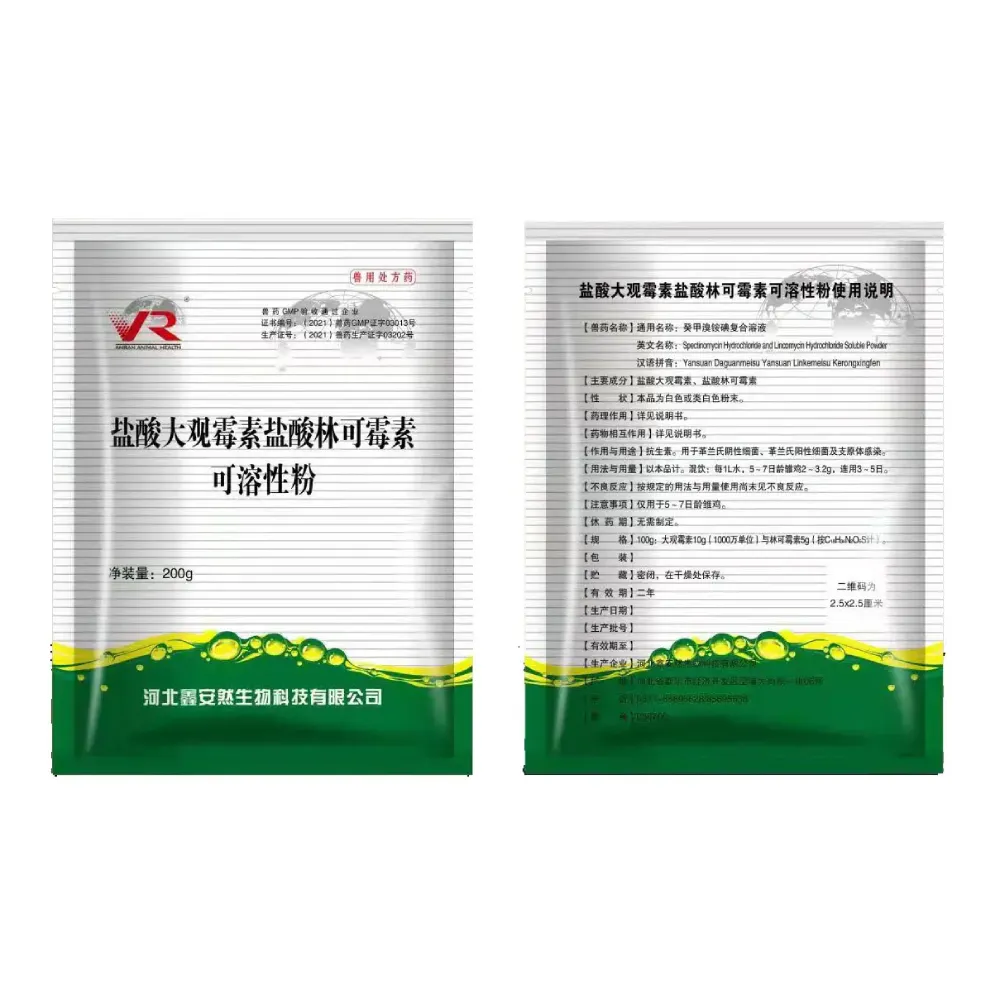- Afrikaans
- Albanian
- Amharic
- Arabic
- Armenian
- Azerbaijani
- Basque
- Belarusian
- Bengali
- Bosnian
- Bulgarian
- Catalan
- Cebuano
- Corsican
- Croatian
- Czech
- Danish
- Dutch
- English
- Esperanto
- Estonian
- Finnish
- French
- Frisian
- Galician
- Georgian
- German
- Greek
- Gujarati
- Haitian Creole
- hausa
- hawaiian
- Hebrew
- Hindi
- Miao
- Hungarian
- Icelandic
- igbo
- Indonesian
- irish
- Italian
- Japanese
- Javanese
- Kannada
- kazakh
- Khmer
- Rwandese
- Korean
- Kurdish
- Kyrgyz
- Lao
- Latin
- Latvian
- Lithuanian
- Luxembourgish
- Macedonian
- Malgashi
- Malay
- Malayalam
- Maltese
- Maori
- Marathi
- Mongolian
- Myanmar
- Nepali
- Norwegian
- Norwegian
- Occitan
- Pashto
- Persian
- Polish
- Portuguese
- Punjabi
- Romanian
- Russian
- Samoan
- Scottish Gaelic
- Serbian
- Sesotho
- Shona
- Sindhi
- Sinhala
- Slovak
- Slovenian
- Somali
- Spanish
- Sundanese
- Swahili
- Swedish
- Tagalog
- Tajik
- Tamil
- Tatar
- Telugu
- Thai
- Turkish
- Turkmen
- Ukrainian
- Urdu
- Uighur
- Uzbek
- Vietnamese
- Welsh
- Bantu
- Yiddish
- Yoruba
- Zulu
Nov . 26, 2024 04:14 Back to list
Albendazole Oral Suspension 2.5 for Effective Treatment of Parasitic Infections in Children
Understanding Albendazole Oral Suspension 2.5% Uses, Dosage, and Safety
Albendazole is an anthelmintic medication widely used to treat a variety of parasitic infections. Presented in various formulations, one popular option is the oral suspension at a concentration of 2.5%. This article will delve into the uses, dosing guidelines, and safety considerations surrounding this medication.
What is Albendazole?
Albendazole belongs to the class of benzimidazoles, which work by inhibiting the ability of parasites to absorb glucose, leading to their eventual death. It is effective against a broad spectrum of parasitic infections, including those caused by roundworms, tapeworms, and flukes. Common conditions treated with albendazole include echinococcosis, neurocysticercosis, and giardiasis.
How Does Albendazole Function?
The effectiveness of albendazole is attributed to its action on the parasite's microtubules, which are essential for cellular function and reproduction. By disrupting these structures, albendazole prevents the parasite from maintaining its cellular integrity, which ultimately results in its death. The drug's ability to target multiple types of parasites makes it a first-line treatment in many cases.
Uses of Albendazole Oral Suspension 2.5%
Albendazole oral suspension 2.5% is particularly suited for children or adults who have difficulty swallowing tablets or when precise dosing is required. This formulation makes it easier to administer and ensures accurate dosing according to the patient’s body weight. The suspension can also be beneficial for patients with gastrointestinal issues that may prevent effective absorption of solid dosage forms.
Common indications for the use of albendazole oral suspension include
1. Intestinal Parasites Treatment for infections caused by various intestinal worms. 2. Tissue Nematodes Particularly for conditions like filariasis. 3. Hydatid Disease When surgery is not an option, albendazole can help manage cysts caused by Echinococcus species. 4. Neurocysticercosis A serious condition caused by the larval form of the pork tapeworm, Taenia solium, affecting the central nervous system.
albendazole oral suspension 2.5

Dosing Guidelines
The dosing of albendazole oral suspension depends on the type of infection being treated, the age of the patient, and their weight. For most infections, the typical dosage guideline for adults and children older than 2 years is
- For Intestinal Helminth Infections A single dose of 400 mg may suffice. - For Echinococcosis 10-15 mg/kg/day divided into two doses for 28 days, which may be repeated based on medical advice. - For Neurocysticercosis 15 mg/kg/day, administered in two or three divided doses, for 8-30 days.
It is crucial to follow a healthcare provider's recommendations for dosing, as they will tailor it based on individual patient factors and the specifics of the infection.
Safety and Side Effects
While albendazole is generally well-tolerated, it is not without side effects. Patients may experience gastrointestinal disturbances such as nausea, vomiting, and abdominal pain. In rare cases, it can cause liver enzyme elevation, which necessitates monitoring, especially in patients with pre-existing liver conditions.
Patients who are pregnant or breastfeeding should avoid using albendazole unless absolutely necessary, as it may pose risks to the fetus or infant. Always consult a healthcare professional before starting any new medication.
Conclusion
Albendazole oral suspension 2.5% is a vital medication in the treatment of various parasitic infections, especially in younger patients or those with difficulty swallowing. Its ease of use and broad efficacy makes it an important resource in combating parasitic diseases. However, adherence to dosing guidelines and monitoring for side effects plays a critical role in ensuring safe and effective treatment. Always consult with a healthcare professional for advice tailored to your specific health needs and situations.
-
Guide to Oxytetracycline Injection
NewsMar.27,2025
-
Guide to Colistin Sulphate
NewsMar.27,2025
-
Gentamicin Sulfate: Uses, Price, And Key Information
NewsMar.27,2025
-
Enrofloxacin Injection: Uses, Price, And Supplier Information
NewsMar.27,2025
-
Dexamethasone Sodium Phosphate Injection: Uses, Price, And Key Information
NewsMar.27,2025
-
Albendazole Tablet: Uses, Dosage, Cost, And Key Information
NewsMar.27,2025













